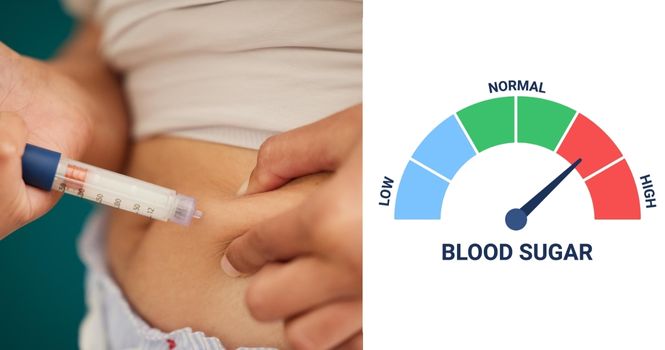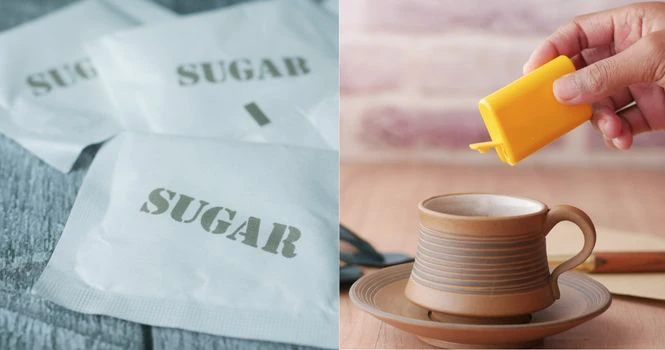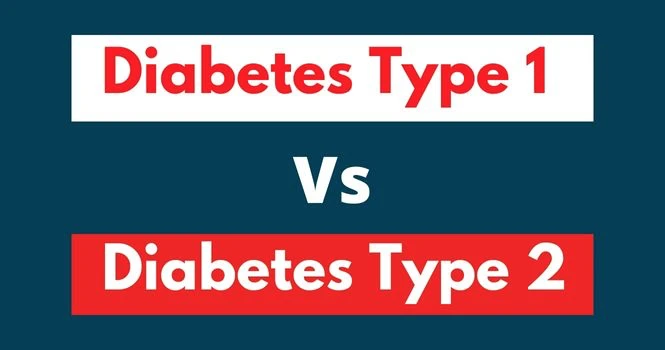Are you wondering why your Blood Sugar is Not Dropping With Insulin?
Many people, especially those with diabetes, face this issue. In most cases, this indicates insulin resistance, where your body does not respond to insulin as well as it should.
However, understanding the possible reasons behind this can help manage the situation more effectively. Before that, let’s understand some basic concepts.
The Role of Insulin
Insulin, a hormone produced by the pancreas, plays a vital role in regulating blood sugar levels. When you eat, carbohydrates are broken down into glucose, raising your blood sugar.
The pancreas releases insulin in response, allowing glucose to enter cells and be used for energy, thereby lowering blood sugar levels.
Understanding Insulin Resistance
One of the primary reasons your blood sugar may not be dropping despite taking insulin is a condition known as insulin resistance. This is when cells in your muscles, fat, and liver don’t respond well to insulin and can’t easily take up glucose from your bloodstream.
As a result, your pancreas produces more insulin to help glucose enter your cells. Over time, however, the pancreas can’t keep up with the demand, and glucose levels in your blood rise.
Insulin resistance is a hallmark of Type 2 diabetes but can also be seen in other conditions like metabolic syndrome and polycystic ovary syndrome (PCOS).
Can Insulin Resistance Be Reversed?
In many cases, you can reverse insulin resistance, or at least manage it effectively.
Lowering insulin levels and improving insulin sensitivity often involves lifestyle modifications, such as adopting a healthy diet, increasing physical activity, stress management and losing excess weight. If lifestyle changes are not sufficient, healthcare providers may also prescribe medications.
Measuring Insulin Resistance: HOMA Index Test
The HOMA index test is one common method of measuring insulin resistance. It stands for the Homeostatic Model Assessment of Insulin Resistance and uses the levels of fasting insulin and glucose in your blood to calculate your degree of insulin resistance.
The Possible Reasons as to,
Why Isn’t Insulin Lowering Blood Sugar?
1. Inadequate Dose:
The most common reason insulin doesn’t lower blood sugar as expected is that the dose is insufficient. Insulin needs may vary based on food intake, physical activity, stress levels, and other factors.
2. Incorrect Injection:
If insulin is not injected correctly, it may not be fully absorbed. This can happen if insulin is injected into scarred or overused injection sites, or if it’s not injected into the fatty layer under the skin.
This occurs in patients who have recently started using insulin and haven’t yet learned the proper injection technique. Ask your doctor or nurse to show you the correct way to do it.
3. Expired or Improperly Stored Insulin:
Insulin that has expired or has not been stored correctly may lose its effectiveness. It should be kept in a cool place and out of direct sunlight.
4. Insulin Resistance:
Over time, the body’s cells can become resistant to insulin, especially in individuals with type 2 diabetes or those who are overweight. This means that more insulin is needed to have the same glucose-lowering effect.
5. Illness or Stress:
Illness or stress can increase your body’s production of hormones that work against insulin’s effects, leading to higher blood sugar levels.
How to Improve Blood Sugar Control
If your blood sugar levels aren’t decreasing despite taking insulin, it’s important to speak with your doctor. They can help you evaluate possible causes and adjust your treatment plan accordingly.
Some strategies that may be recommended are:
Adjusting insulin dosage or schedule:
Your healthcare provider might need to adjust your insulin dosage or the timing of your injections.
Regular monitoring:
Regular blood sugar testing can help you and your healthcare provider understand your patterns and make necessary adjustments to your treatment plan.
Lifestyle Modifications:
Regular physical activity and a healthy diet can help lower your blood sugar levels and improve your insulin sensitivity.
Stress Management:
Techniques like mindfulness, yoga, and deep breathing can help manage stress levels, which can affect your blood sugar.













